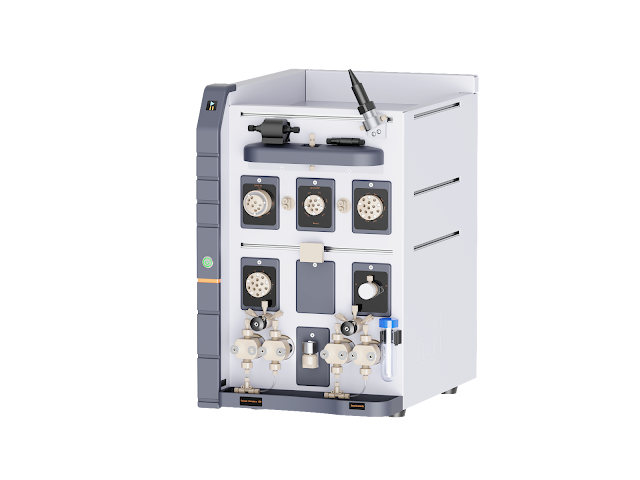Revolutionizing Biotechnological Methods: A Deep Dive into Advanced Techniques
Protein purification is a fundamental process in biotechnological and pharmaceutical research, playing a pivotal role in understanding cellular functions and developing therapeutic agents. This meticulous method involves isolating a single type of protein from a complex mixture, enabling scientists to study its structure, function, and interactions in detail. The significance of protein purification cannot be overstated, as it is the cornerstone of various scientific advancements. It paves the way for profound insights into biological systems, contributing immensely to molecular biology. The precision and efficiency of this process are vital for ensuring the integrity and reliability of experimental results.

Advancements in Chromatography: Elevating protein Analysis
Fast Protein Liquid Chromatography (FPLC) stands as a testament to the evolution of chromatographic techniques in the purification of proteins. This advanced method offers enhanced resolution, speed, and reproducibility, making it a preferred choice for researchers worldwide. FPLC systems are specifically designed to handle the delicate nature of proteins, ensuring their stability and activity throughout the purification process. This technique utilizes chromatographic principles, such as ion exchange, gel filtration, and affinity, to separate proteins based on their unique physical and chemical properties. The adaptability and efficiency of Fast Protein Liquid Chromatography have revolutionized the way proteins are purified, analyzed, and utilized in scientific research.
The Role of Protein Purification in Therapeutic Development:
In the medical and pharmaceutical sectors, the purification of proteins plays a crucial role in the development of therapeutics. From monoclonal antibodies to enzyme replacements, the purification of biologically active proteins is essential. This process ensures the purity and efficacy of therapeutic proteins but also aids in understanding disease mechanisms. The application of Fast Protein Liquid Chromatography in this context is particularly significant, as it allows for the rapid and precise purification of these vital biomolecules. Integrating protein purification and FPLC in drug development accelerates the journey from laboratory research to clinical application, opening new horizons in personalized medicine and treatment strategies.
Technological Innovations in Protein Purification and FPLC:
Integrating technology in protein purification and Fast Protein Liquid Chromatography has led to significant advancements in research methodologies. Automation and computerized systems have enhanced the precision and efficiency of these processes, reduced human error, and increased throughput. Innovations in column materials and detection systems have also expanded the capabilities of FPLC, allowing for the analysis of complex protein mixtures with excellent resolution and sensitivity. These technological advancements have streamlined the purification process and expanded the scope of research, enabling scientists to delve deeper into the molecular world.

Conclusion:
As we look towards the future, the importance of protein purification and Fast Protein Liquid Chromatography in biotechnological research continues to grow. These methods are integral to understanding biological processes and developing new therapeutic approaches. The ongoing advancements in these areas promise to unlock new possibilities and drive scientific discovery. For further insights and information on the latest trends and technologies in this field, one can explore inscinstech.com.cn. This domain stands as a gateway to the evolving world of biotechnology, offering resources and knowledge to those at the forefront of scientific exploration and innovation.
.jpg)

Comments
Post a Comment